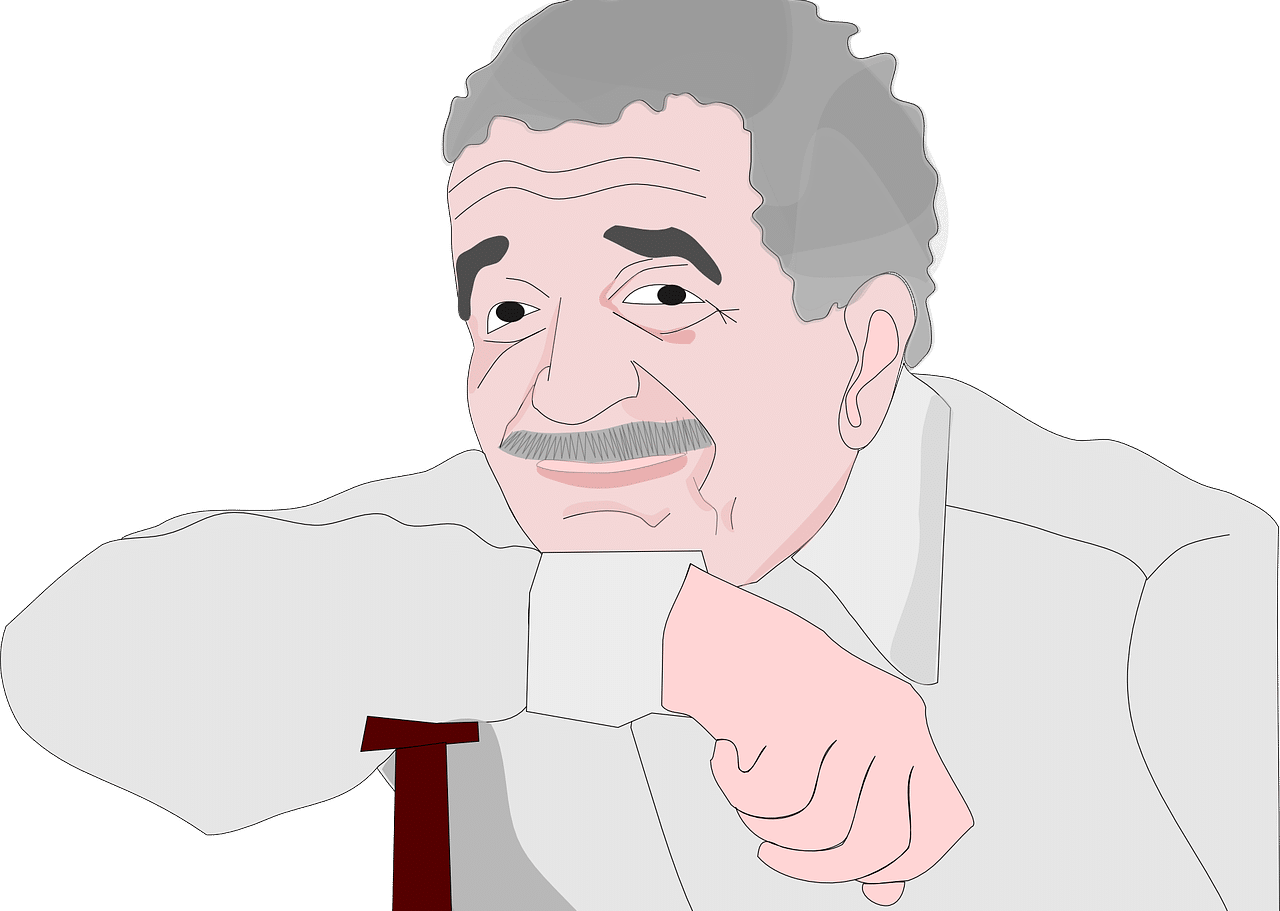
Something honorary allows you to honor someone.
Honorary is a term from the Latin honorarĭus that refers to something that allows one to pay homage (render honors) to an individual . In general, it is an adjective that is used to describe a person who has the honors , although not the power or ownership of a position.
For example: "I am very happy: they elected me honorary president of my neighborhood club" , "When he retired, Don Agustín continued to be linked to the company as an honorary advisor" , "The honorary ambassador appeared at the Government House to invite the representative to a cultural festival .
honorary members
Being an honorary member of an institution is the greatest privilege that someone can receive within that environment. It can occur in different fields, such as sport, when a federation grants this title to one of its participants, or language , as occurs in the Royal Spanish Academy with certain select people whose names are essential and are synonymous with the good use of the language. Castilian.
It is common for the term lifetime to be added at the end, indicating that the mention never expires, although the absence of this clarification does not necessarily mean the opposite.
A type of distinction
An honorary doctorate is an honorary distinction that a university grants to an outstanding personality. Typically, this title is given to someone who is recognized in the field of art or science despite not having a bachelor's degree. Upon being awarded an honorary doctorate , the person has the same rights and identical treatment as those who have obtained academic status after completing the corresponding studies, unless another procedure is specified.
This expression has its origins in Latin and can be translated as "for the sake of honor" and involves the search for one's own happiness through respecting oneself and those around one. It refers to both personal and social dedication or exemplary behavior that serves as a role model and is usually accompanied by the titles doctor or master . There is no prestigious university or higher training institute that does not grant this honorable mention to those individuals who stand out in the fields of research, science or art , among others, since it is a distinction that denotes not only the excellence of those who receive it, but the high level of the academy.

The Colombian writer Gabriel García Márquez was awarded an honorary doctorate by Columbia University (New York).
Elements of an honorary doctorate
The delivery of said honorary recognition includes a series of customs and symbols that make it a unique event, regardless of its great cultural importance. The elements whose use is required of doctoral students are a cap , which symbolizes a shield for the battle of learning and is at the same time a distinctive ornament for their achievements; a ring , which represents the eternal alliance between the person and knowledge; white gloves , to make sure you never get your hands dirty along the way; and a book , as a door to knowledge that must be used according to the needs and criteria of the honoree.
The acclaimed novelist and journalist Gabriel García Márquez , winner of the Nobel Prize in Literature in 1982 , was awarded an honorary doctorate in Letters from Columbia University ( New York ). His colleague Mario Vargas Llosa ( Nobel Prize for Literature in 2010 ) also has several honorary doctorates .
The salary
On the other hand, the salary or payment granted to a professional for his or her activity is also called an honorarium.
In this case, however, it is usually used in the plural ( fees ): "Tomorrow I will collect the fees for reviewing the contract."
